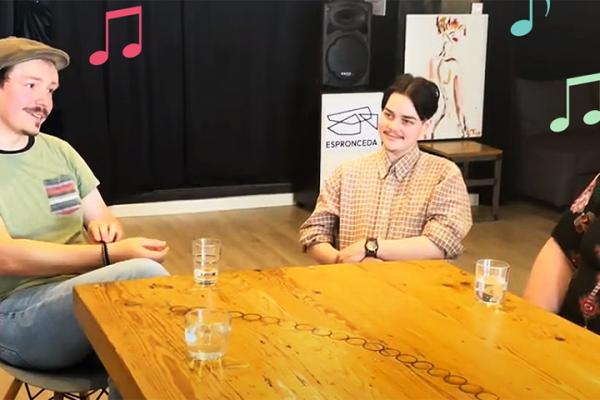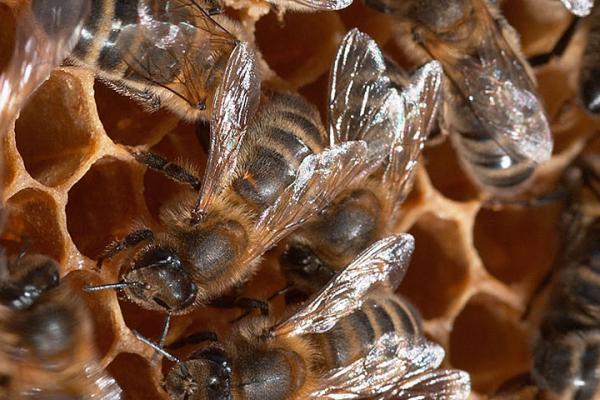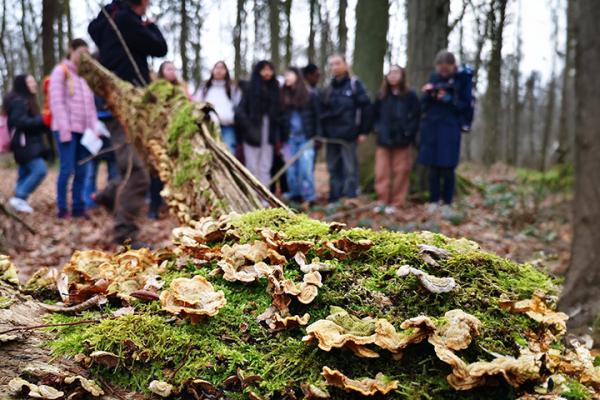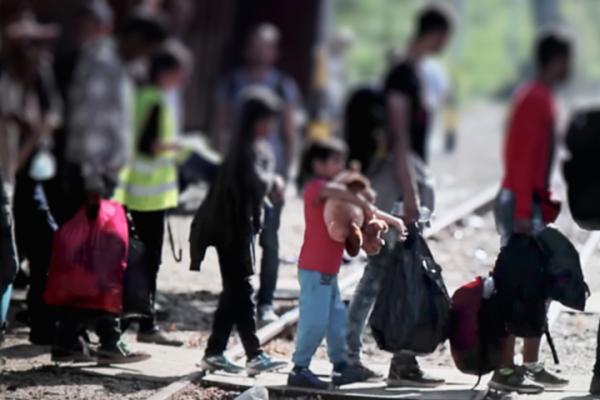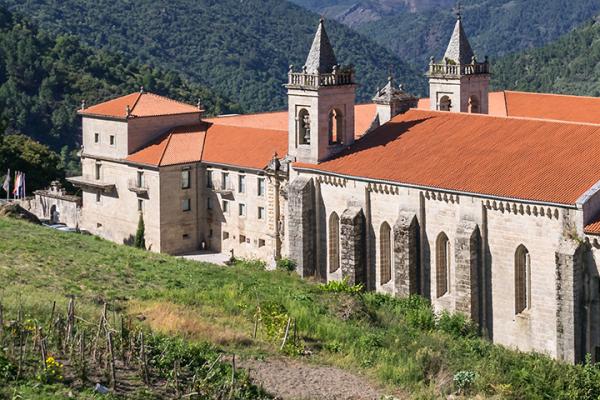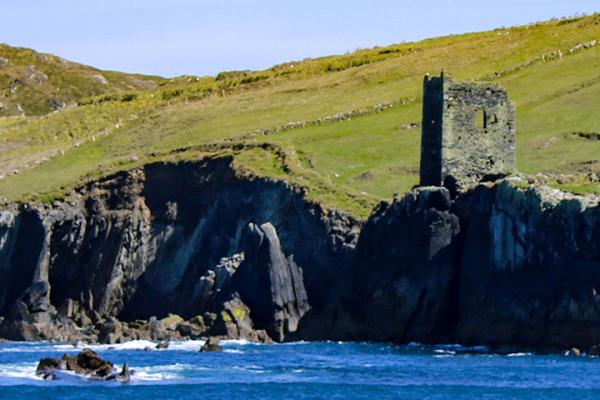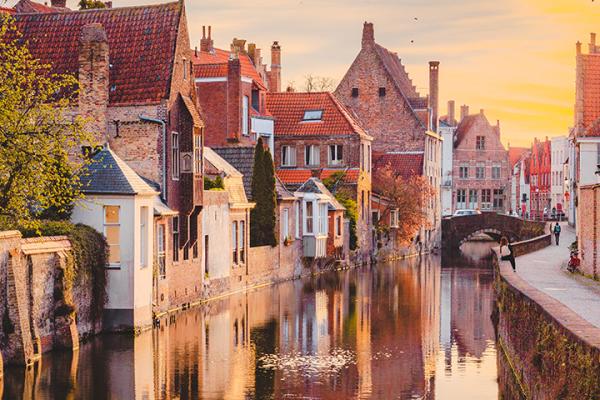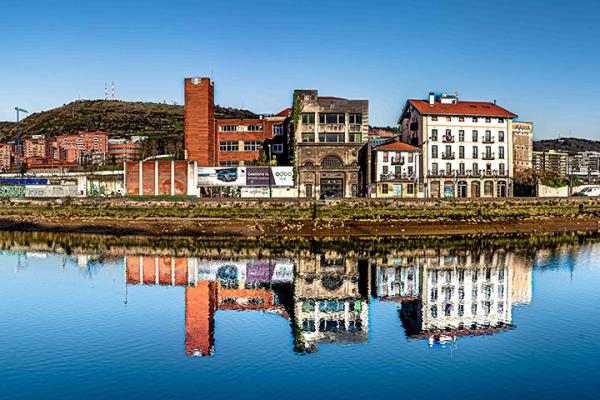EU-funded researchers are investigating recent push-back against gender equality measures, seeking to understand its motives and impact, to provide practical solutions.
EU-funded researchers are using the latest digital technologies to improve access to Europe’s rich musical and cultural heritage and facilitate the creation of new cultural connections.
The quest is on to support endangered European languages, some with only a handful of speakers left.
EU-funded researchers are using big data and smart technologies to improve conditions for bees and guide beekeepers.
EU-funded researchers are exploring new ways to learn that make science more relevant to everyday life – and more fun.
Historical flows of refugees and their personal tales are the focus of EU-funded researchers seeking to help countries manage immigration.
European tourism is getting a makeover to strengthen remote communities with the help of EU-funded researchers.
Tapping into the long and rich histories of places around Europe is a central part of an EU push for rural and urban revival.
A group of European urban areas bordering seas and rivers is paving the way for climate neutrality by 2030.
Urban dwellers across the EU are having a say in making their surroundings friendlier to people and the environment.







